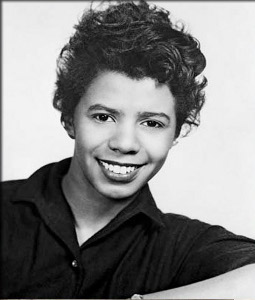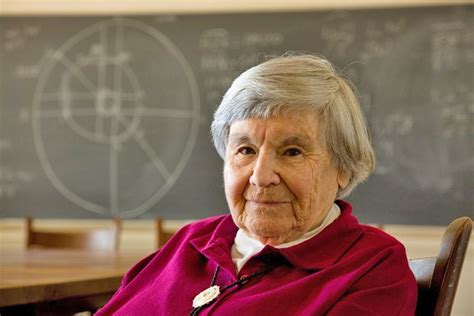A Quote by Kwame Anthony Appiah
The version of cosmopolitanism that I favor is exactly about balancing universality and difference. Many people who believe rightly in universality, want, wrongly, I think, to impose their vision of the world on others. They think not just that there are universal truths but that they already know what they are. And they don't think they have anything to learn, as a result, from others. They don't converse, they try to convert.
Related Quotes
The books of the great scientists are gathering dust on the shelves of learned libraries. And rightly so. The scientist addresses an infinitesimal audience of fellow composers. His message is not devoid of universality but its universality is disembodied and anonymous. While the artist's communication is linked forever with its original form, that of the scientist is modified, amplified, fused with the ideas and results of others and melts into the stream of knowledge and ideas which forms our culture. The scientist has in common with the artist only this: that he can find no better retreat from the world than his work and also no stronger link with the world than his work.
Most people think leadership is about being in charge. Most people think leadership is about having all the answers and being the most intelligent person or the most qualified person in the room. The irony is that it is the complete opposite. Leadership is about empowering others to achieve things they did not think possible. Leadership is about pointing in the direction, articulating a vision of the world that does not yet exist. Then asking help from others to insure that vision happens.
There's always this joke that I say in Israel: people don't really have discussions; they just try to convince the other people that they are wrong or they are right - they just try to impose their opinion on the others. Sometimes I think it's easier to avoid talking about things and just make music.
Some [people] think that there is a central organization responsible for all the institutions they wrongly think affiliated with me. They ignore the zeal of many to serve humanity and to gain God's good pleasure in doing so. They ignore people's generosity. Such misunderstandings may lead others to have suspicions about the financial resources of the schools.
To live in accordance with how one thinks. Be yourself and don't try to impose your criteria on the rest. I don't expect others to live like me. I want to respect people's freedom, but I defend my freedom. And that comes with the courage to say what you think, even if sometimes others don't share those views.
I don't write because I think I have anything particularly interesting to say. I write because I love writing more than any other work I've done. I do think about entertaining the reader to the extent that I try always to write a book that I myself would want to read, but I don't think it's up for me to decide if what I've written is interesting to others. That is entirely up to others.
I think we are evolving rapidly into one world culture. It's certainly one world economy. With billions of people online, I think we'll appreciate the wisdom in many different traditions as we learn more about them. People were very isolated and didn't know anything about other religions 100 years ago.
To form a judgment intuitively is the privilege of few; authority and example lead the rest of the world. They see with the eyes of others, they hear with the ears of others. Therefore it is very easy to think as all the world now think; but to think as all the world will think thirty years hence is not in the power of every one.
The difference between people who succeed and people who fail, I think in many cases it’s not fear. Everyone experiences fear. The difference is what do you do with your fear. Do you work to overcome it or do you let it defeat you? And I think that is actually what distinguishes very successful people from others.
You will be educated, which means that you will be interested where others are bored, that you will notice unities where others experience randomness, and that you will intend meanings where others are just spouting words. For exactly that is supposed to be the result of becoming literate: The world becomes a thick texture of significance that you know how to “access.







































